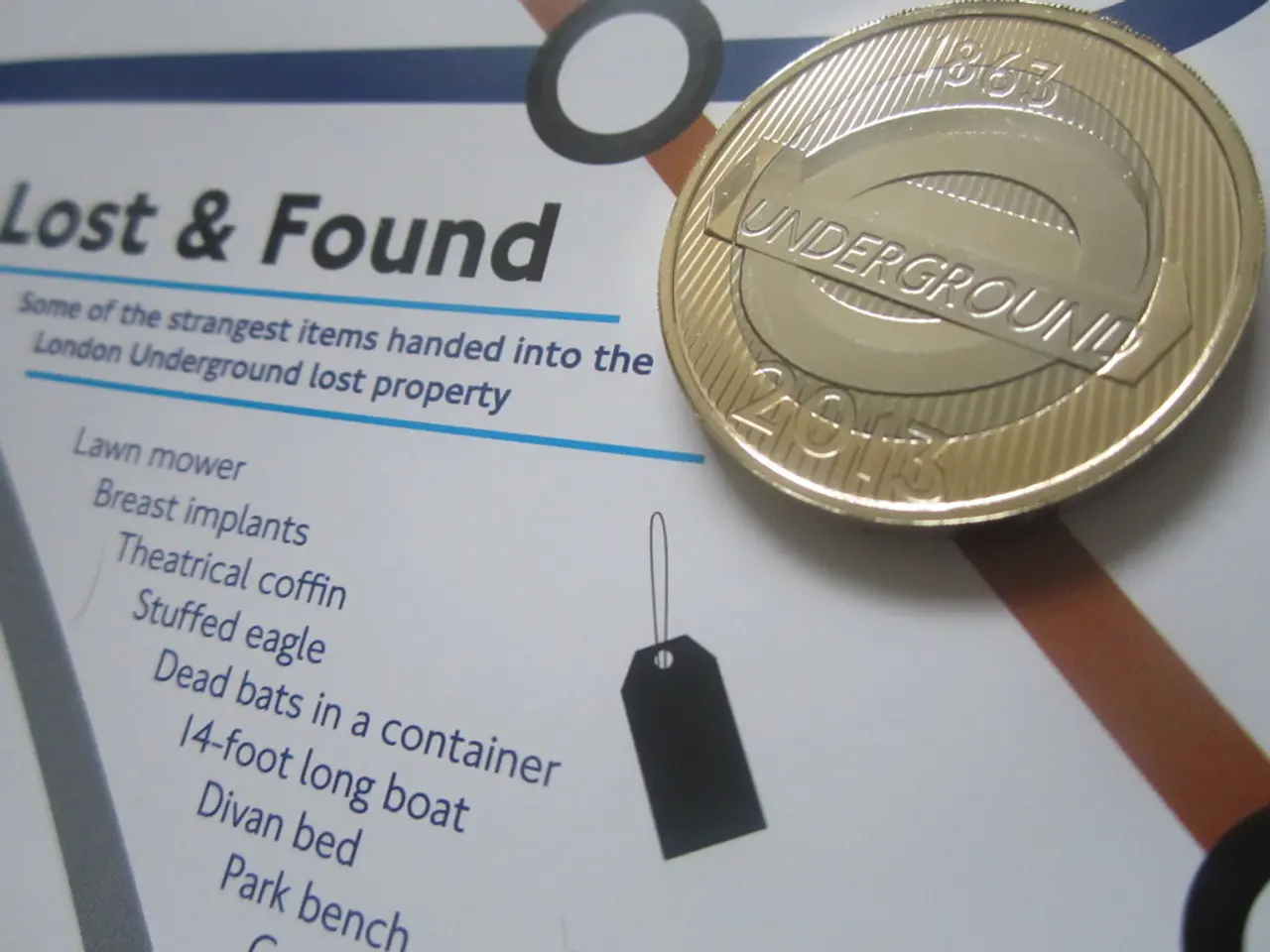London Stock Exchange welcomes the listing of the first East African sustainability bond
A recent report, the 2022 Landscape of Climate Finance in Africa, has revealed that private sector financing accounted for only 14% of all Africa's climate finance from 2019 to 2020 [1]. This is significantly below the levels required compared to other regions, highlighting the need for increased investment in climate and sustainability projects.
One initiative aiming to address this gap is the continent-wide Sustainable Finance Taxonomy, which standardizes what counts as sustainable investment and aims to unlock domestic private capital by guiding financial institutions towards climate-smart and socially responsible projects [1]. However, private investment faces structural challenges such as limited scalability, political and regulatory risks, and low or indirect financial returns, which are barriers more acute in Africa compared to many other regions [2].
To overcome these challenges, several recommendations have been made. These include developing standardized taxonomies and frameworks, using blended finance mechanisms, innovating insurance products and risk management tools, aggregating smaller projects, and improving data, transparency, and reporting [2].
For instance, the Africa Rural Climate Adaptation Finance Mechanism (ARCAFIM) is an example of a blended finance mechanism that combines public and private capital for adaptation projects [2]. Similarly, initiatives like Climate Insurance Linked Resilient Infrastructure Financing (CILRIF) aim to reduce investor risk and financing costs by innovating insurance products and risk management tools [2].
One recent development in Africa is the cross-listing of NMB Bank's inaugural sustainability bond, the NMB Jamii Bond, on the London Stock Exchange [5]. The successful issuance of the dual-tranche Jamii Bonds on the Dar es Salaam Stock Exchange last year is a testament to the growing capacity of local investors to meet the rising demand for climate and sustainability financing [6].
FSD Africa, a specialist development agency, provided technical assistance for NMB Bank's portfolio review, which was critical to identifying existing and pipeline green projects that the bank could fund [4]. A second party opinion, a required step under the International Capital Market Association (ICMA) sustainability bond principles, was also offered towards securing the bond's framework [4].
The listing of the Jamii Bond cements NMB Bank's position as a trailblazer in sustainability within the African capital markets [7]. International networks like GFANZ, formed during the COP26 climate conference in Glasgow, could play a role in supporting pipeline development and back transaction accelerators [8].
Information exchange platforms could also make existing transactions more visible to investors, according to Napier [3]. Significant additional investment of around US$30 billion annually by 2030 is needed, especially in critical sectors like water and sanitation, to meet development and climate resilience goals [1][4].
In summary, Africa's financial sector is advancing frameworks for sustainable finance but still requires more supportive policy environments, risk mitigation, blended finance mechanisms, and robust data to bridge the private investment gap relative to other regions [1][2][3].
- The Sustainable Finance Taxonomy, a continent-wide initiative, standardizes sustainable investment and aims to unlock domestic private capital in Africa.
- Private investment in climate and sustainability projects faces structural challenges, including limited scalability and political risks, which are more pronounced in Africa.
- Blended finance mechanisms, such as the Africa Rural Climate Adaptation Finance Mechanism (ARCAFIM), combine public and private capital for adaptation projects.
- Initiatives like Climate Insurance Linked Resilient Infrastructure Financing (CILRIF) innovate insurance products and risk management tools to reduce investor risk and financing costs.
- Education and self-development, such as the technical assistance provided by FSD Africa, helps local institutions identify green projects for funding.
- International networks like GFANZ and information exchange platforms can support pipeline development and back transaction accelerators in the African financial sector.
- Advanced education in environmental science and personal finance, combined with an enabling policy environment, technology, and robust data, could help bridge the private investment gap in Africa's development, energy transition, and climate-change projects.




